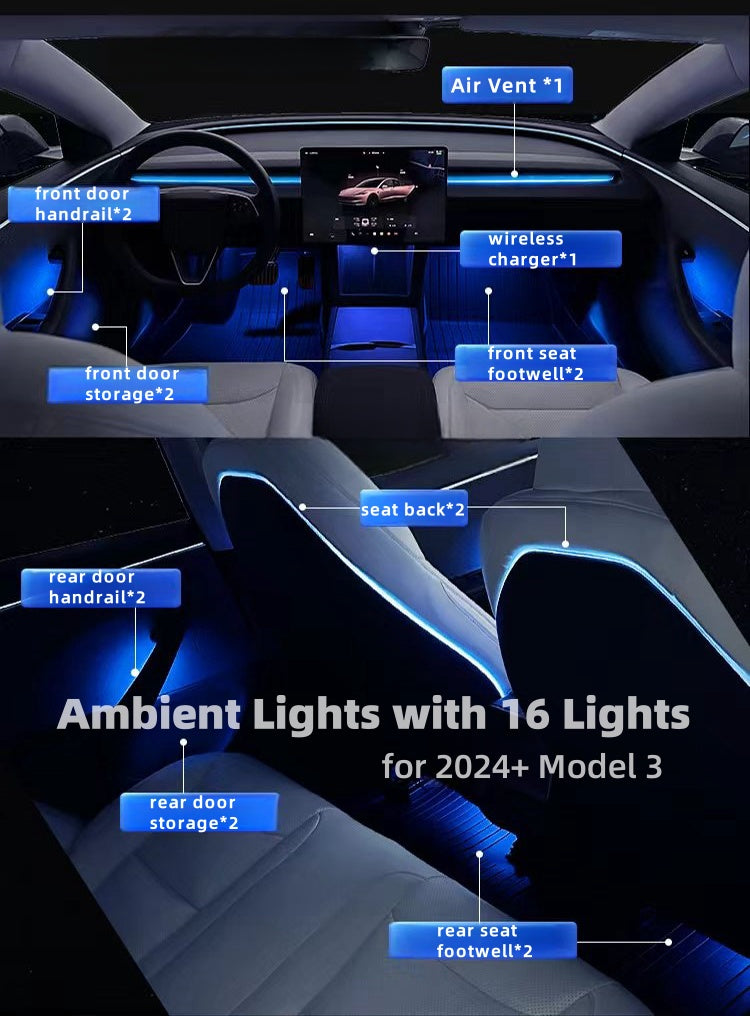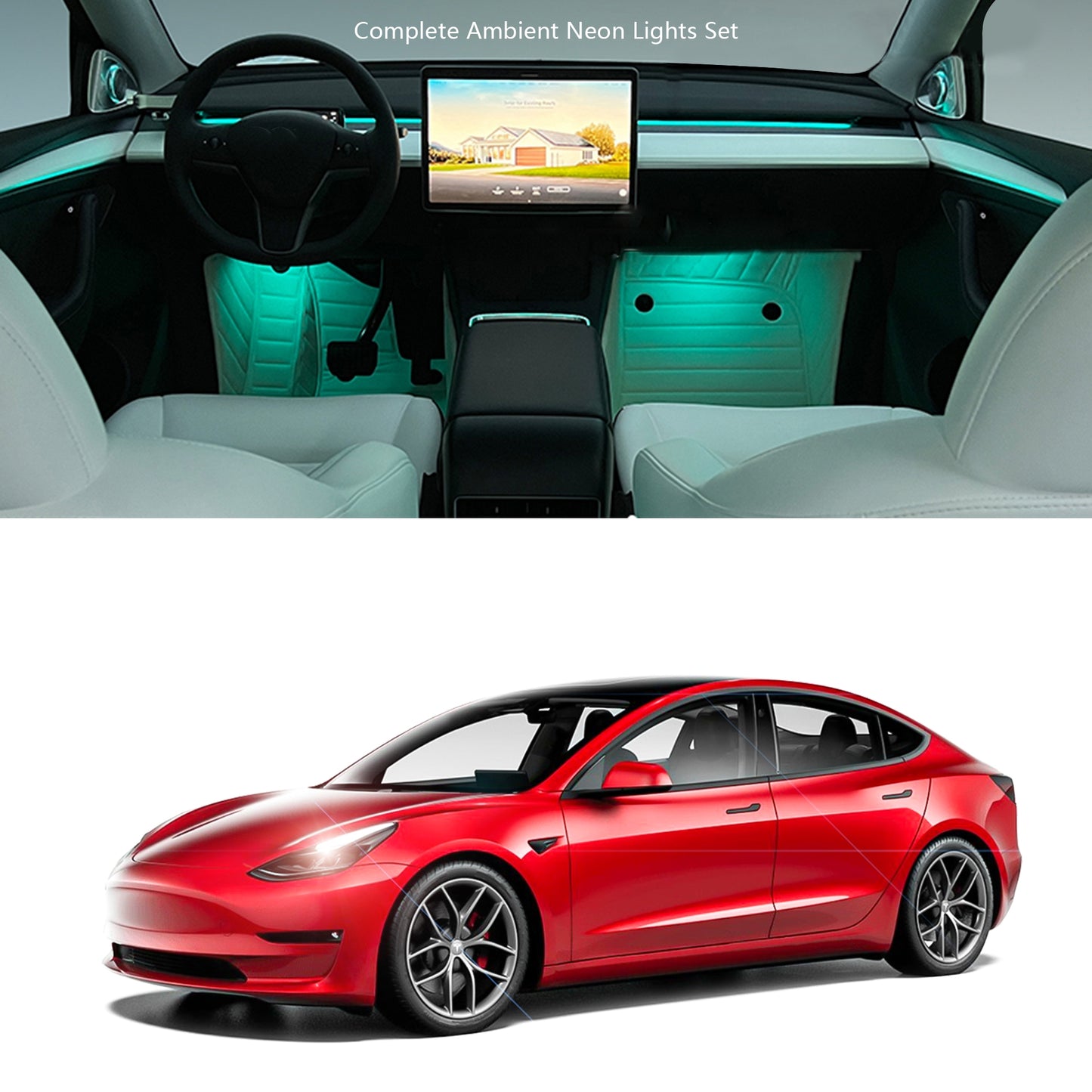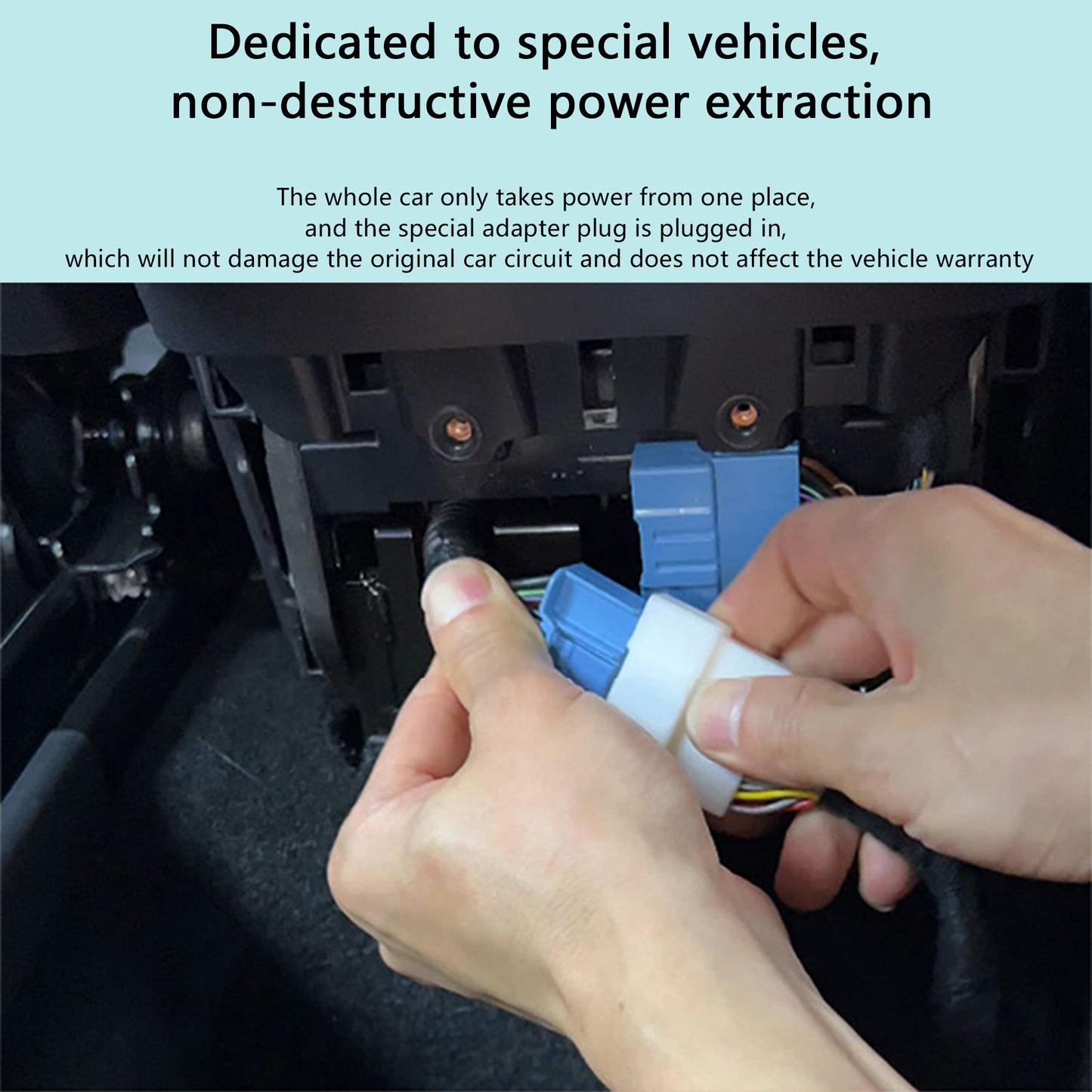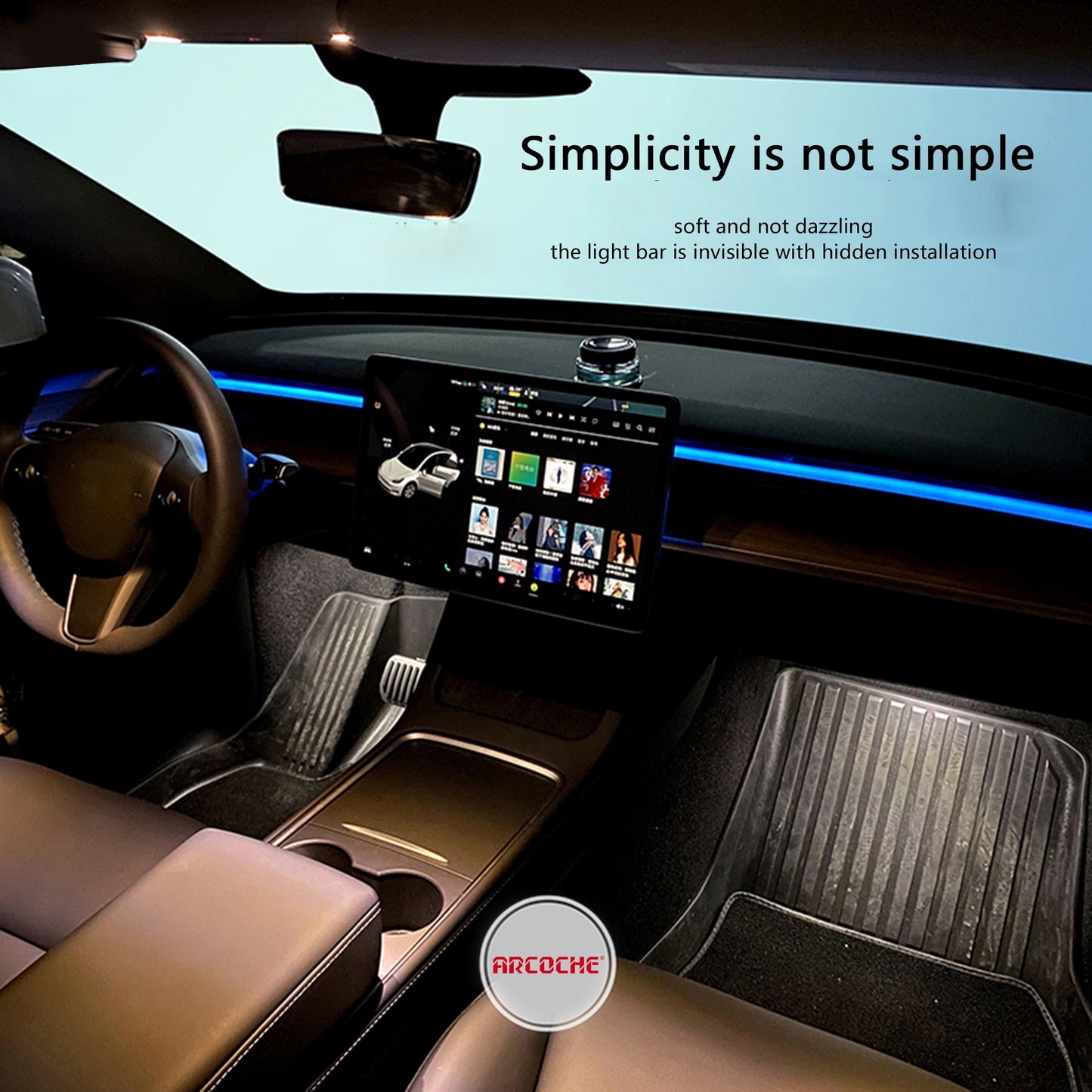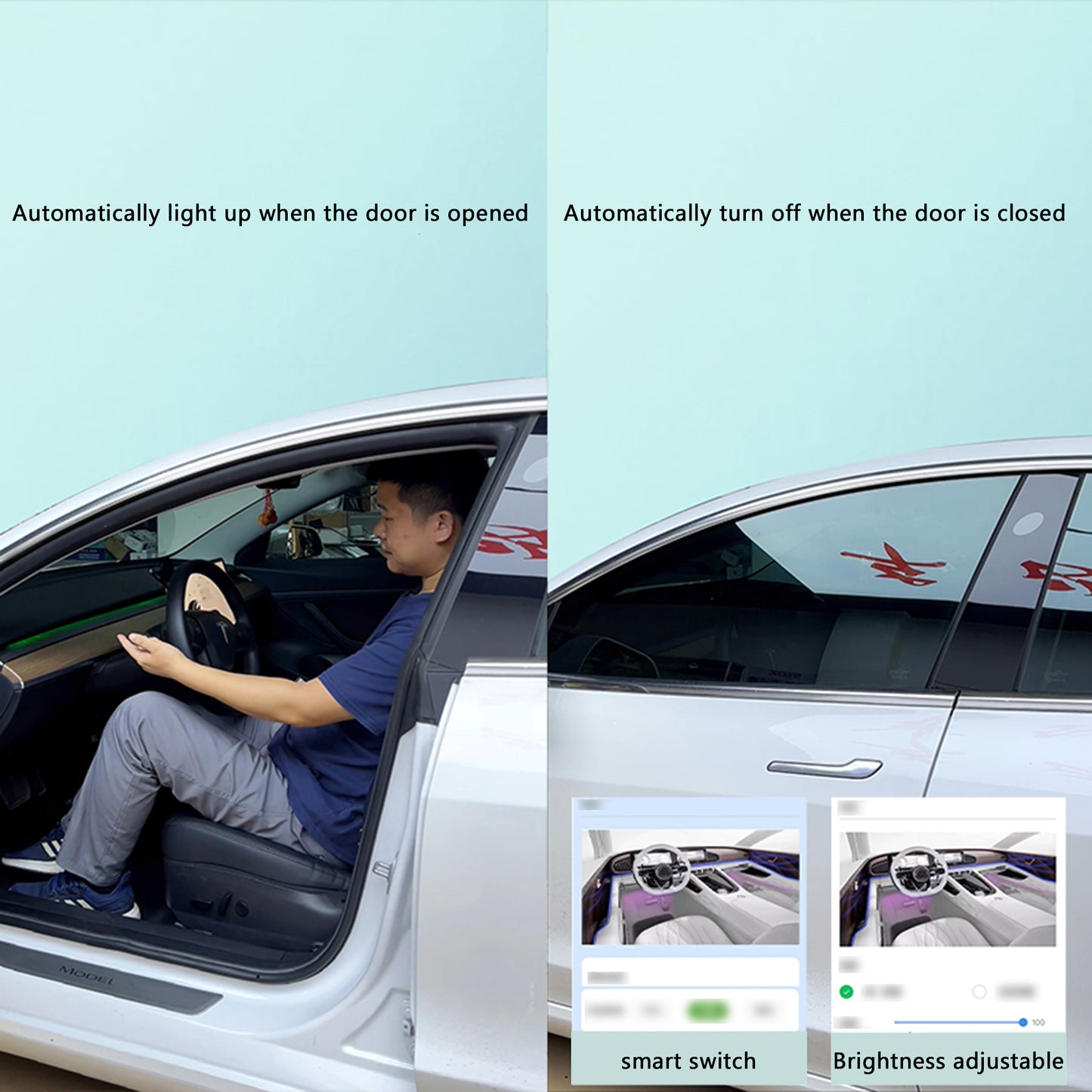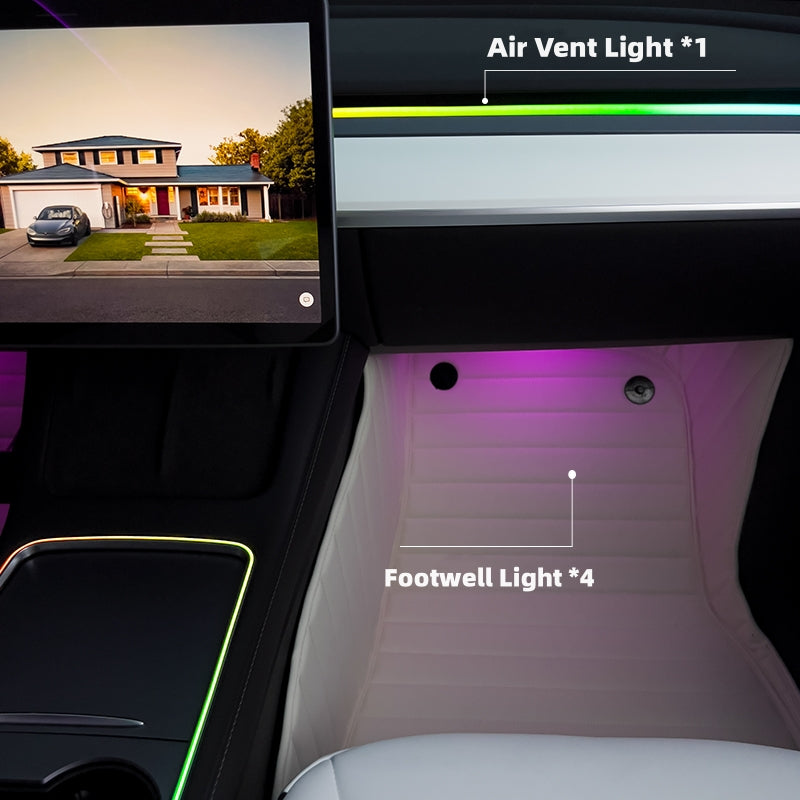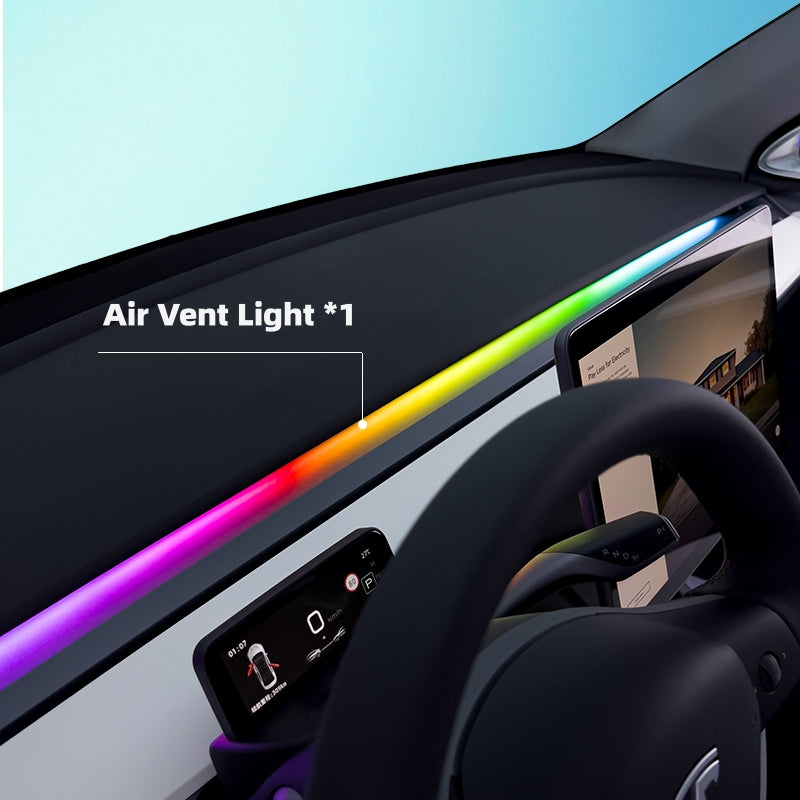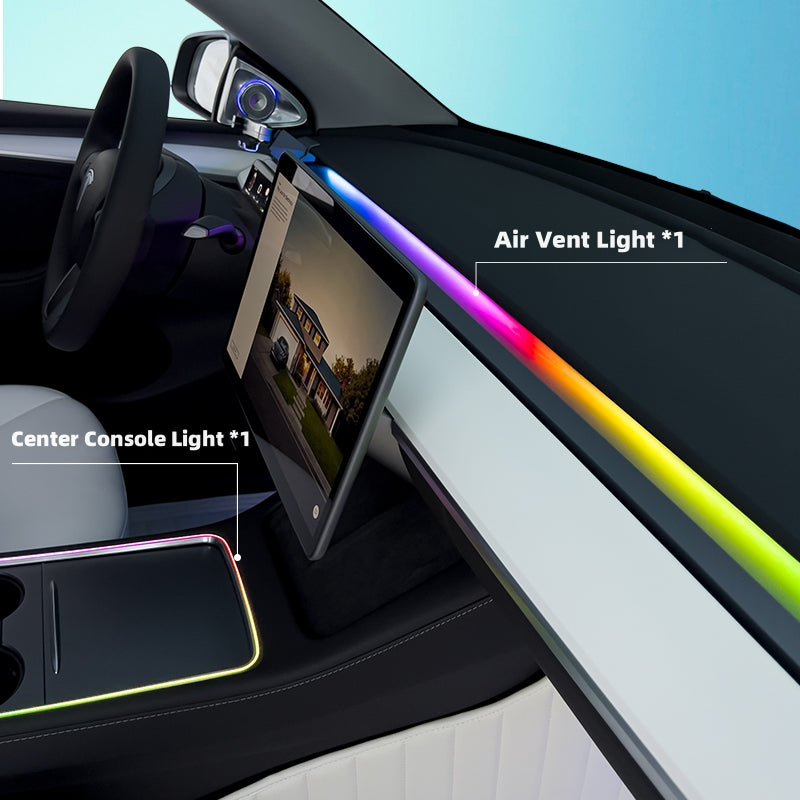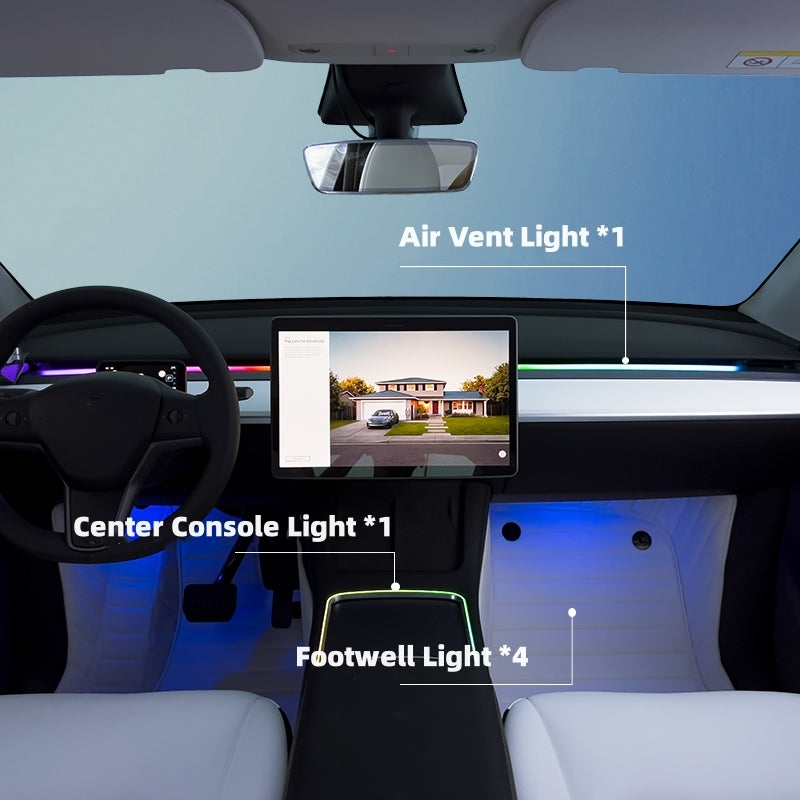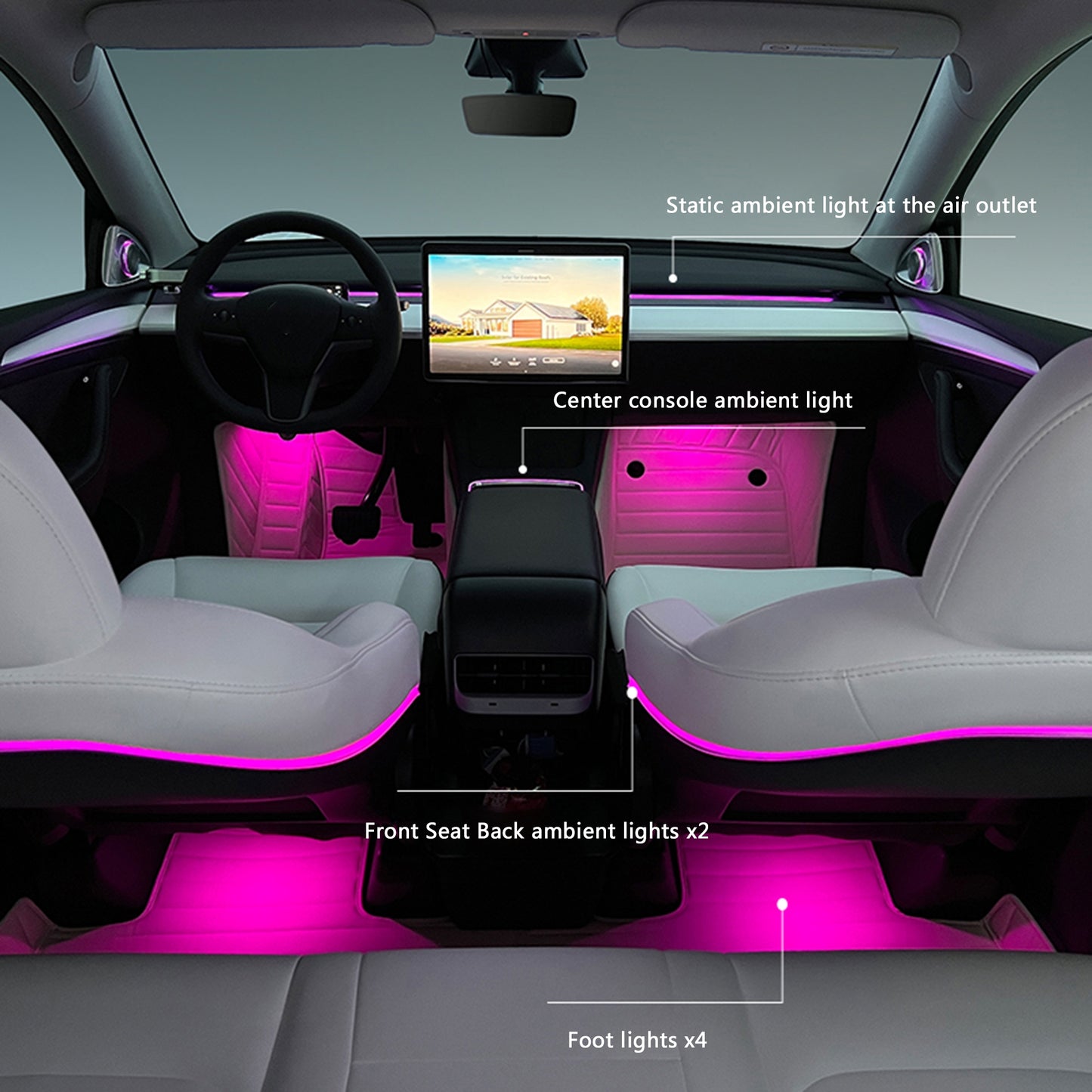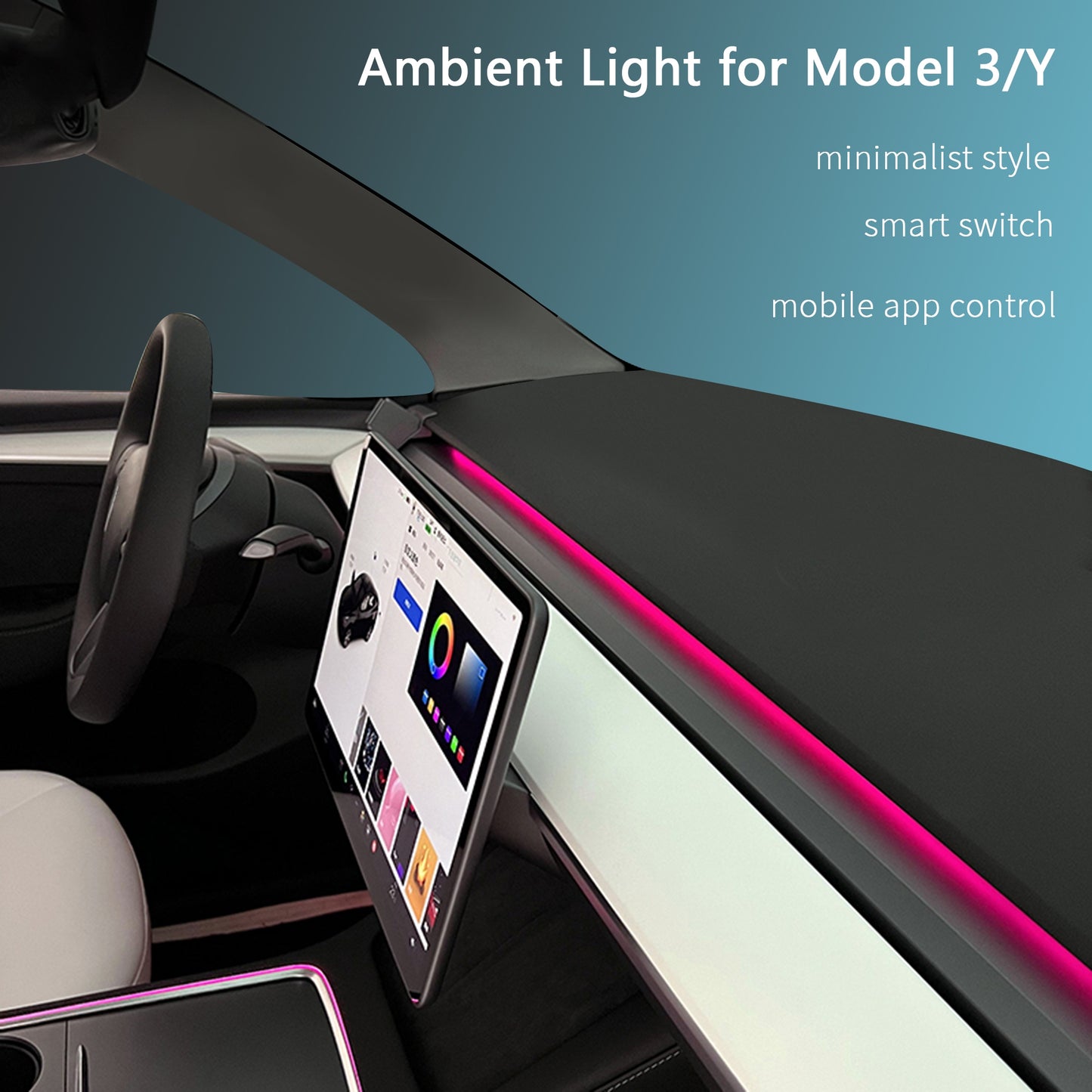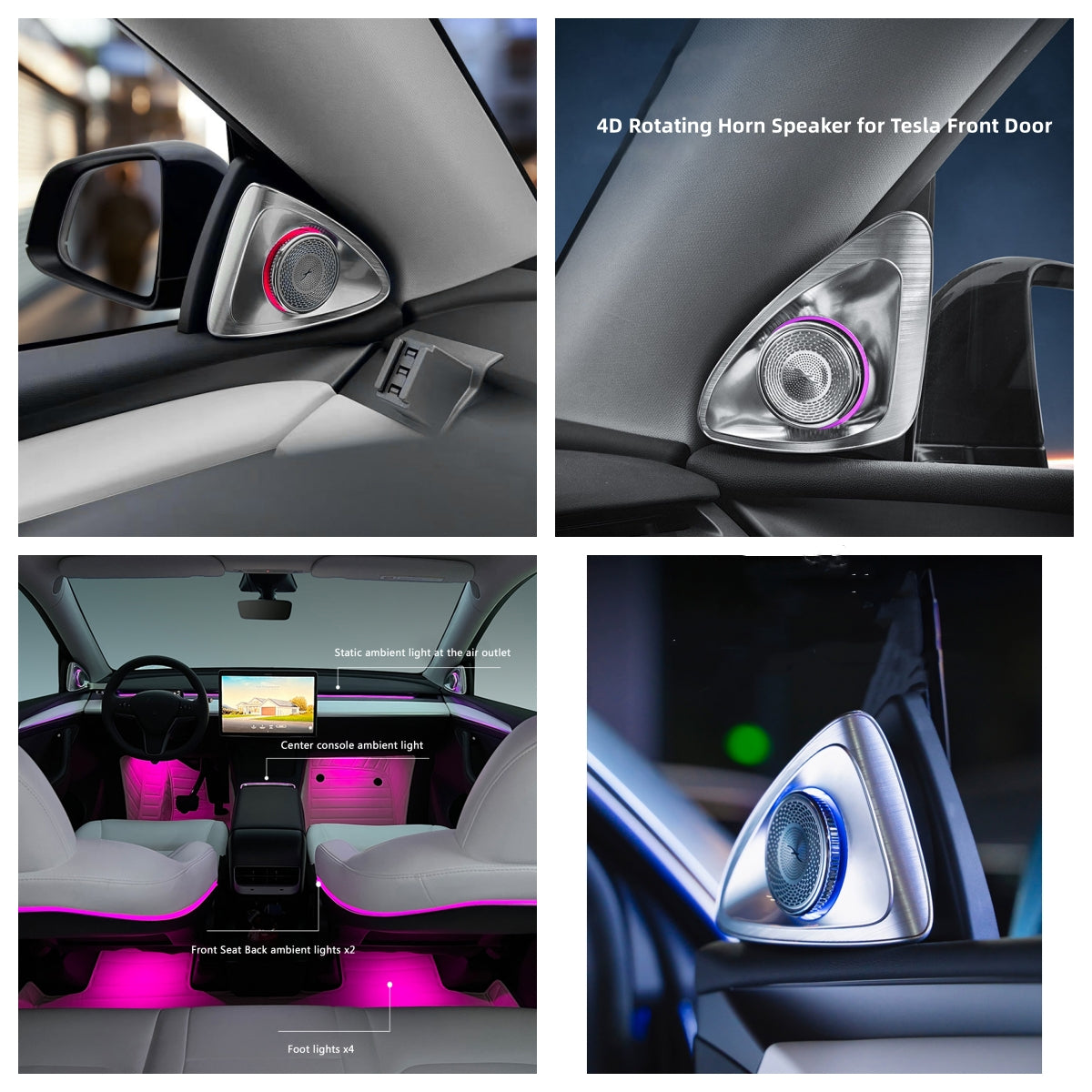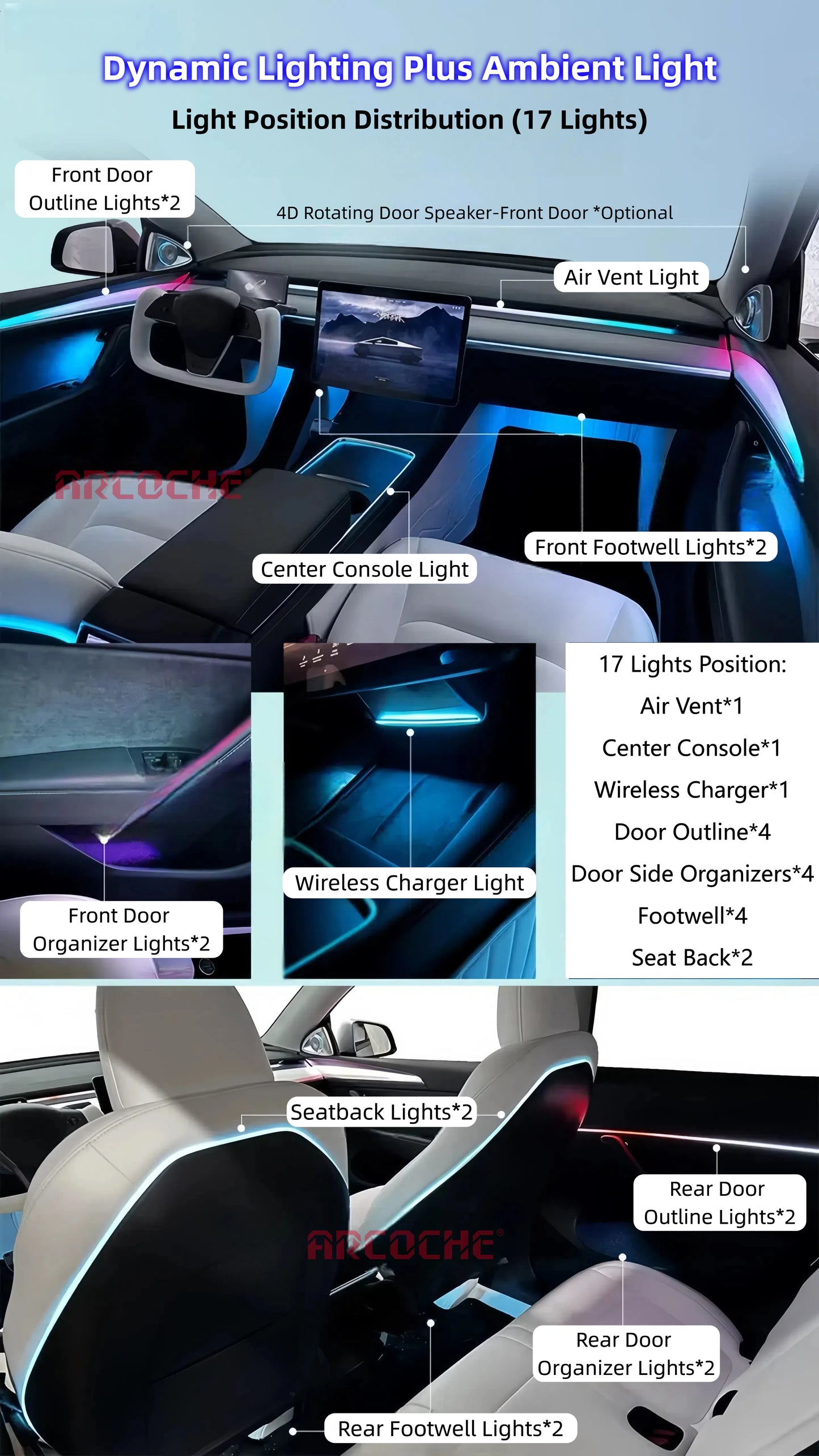
Who Might License Tesla's Full Self-Driving Software? Elon Musk Suggests It's in the Works
Musk reckons there’s a solid shot Tesla will ink a Full Self-Driving (FSD) licensing agreement in 2024, as he mentioned during the company's Q1 earnings call.
Tesla's top dog, Elon Musk, spilled the beans that he's in discussions with a big-time car manufacturer regarding licensing Tesla's electric vehicle tech and their much-touted Full Self-Driving software, which is currently undergoing trials on public streets. During an investor call, Musk revealed this juicy tidbit, which also veered into updates about the Cybertruck, upcoming robotaxis, artificial intelligence, robotics, and even futuristic bionic limbs.
As of April 24, 2024, Elon Musk shared that discussions were already underway with a major original equipment manufacturer (OEM) regarding the potential utilization of Tesla's Full Self-Driving (FSD) technology. Musk emphasized Tesla's openness to licensing the technology, stating that they are not aiming to keep it exclusive. During the second-quarter earnings call of 2024, Musk elaborated further, indicating ongoing discussions with a prominent automaker.
Currently, Tesla offers Autopilot as a driver-assist system, comparable to GM's Super Cruise or Ford's BlueCruise, enabling hands-free driving with automated lane changes on highways and major roads. However, drivers must remain alert and prepared to take control at any moment. Mercedes surpasses these systems with its certified Level 3 hands-free technology, eliminating the need for constant driver supervision.
While the latest iterations of Tesla's FSD exhibit enhanced capabilities beyond Autopilot, it remains a system undergoing testing and lacks certification or approval for unsupervised driver handover.
Tesla Could Sign a FSD Licensing Deal In 2024
Neither Musk nor any of the Tesla reps revealed which automaker it is in conversations with over licensing FSD, but it may not be much longer before we find out. “I think there’s a good chance we sign a deal this year,” said Musk during the 2024 Q1 earning's call Q&A. “Maybe more than one.” Though, Tesla was quick to point out that even if a deal was signed today, it would take up to three years for an OEM with the FSD license to properly deploy the technology to its vehicles. According to Musk, it would take the OEM being very eager to deploy it in that timeline. Again, Tesla currently only offers it to those willing to be test subjects. A new partner likely will want it to be ready to fully deploy for everyone before agreeing to a deal.
Later in the session, Musk stressed that cars will evolve much like smartphones have and that the future of the automobile are autonomous “smart cars.” When talking about licensing FSD as a business model, Musk believes that it will become a must-have for automakers in the future. “It becomes obvious that if you don’t have this [FSD] in your car, nobody wants your car,” said Musk. “Once that becomes obvious, I think licensing becomes not optional; it becomes a method of survival. It’s license [FSD] or nobody will buy your car.”

Musk: The Boy Who Cried FSD
When questioned about the timeline for a finalized version of Full Self-Driving (FSD)—something akin to what Mercedes offers—Elon Musk candidly acknowledged his track record of unfulfilled promises, humorously likening himself to the boy who cried wolf. Despite the jest, Musk reiterated his belief that FSD will surpass human drivers' performance by the year's end, acknowledging his past fallibility and the possibility of being mistaken once more.
Musk anticipates that autonomy will be a game-changer, propelling Tesla's sales to new heights, especially with dedicated robotaxis on the horizon. He confidently asserts that FSD will soon outperform human drivers by a significant margin—purportedly tenfold safer. His ambitious vision extends further, aiming for AI and the formidable Dojo supercomputer (a $1 billion project by Tesla) to deliver a system surpassing human capabilities by a staggering 100 times.
In addition to the advancements in self-driving technology, Musk teased a revolutionary approach to manufacturing self-driving vehicles. This innovation could involve the utilization of humanoid Optimus AI robots, currently under active development, potentially revolutionizing production lines in unprecedented ways.
Six Million Dollar Man
During the call, Musk expressed frustration over the lack of actuators tailored for humanoid robots, prompting Tesla to take matters into their own hands by designing and mass-producing them. Musk indicated that the first batch of robots featuring Tesla-designed actuators should be ready around November and will initially undergo trials within Tesla's own facilities. It's possible that some of these robots could be deployed in factories either this year or the next.
In his extensive discussion, Musk delved into the potential fusion of Neuralink brain implants with robotic limbs for amputees. He painted a picture of a future where individuals could benefit from a cyborg body endowed with remarkable capabilities, akin to the fictional "Six Million Dollar Man," but at a fraction of the cost—what he dubbed the "Sixteen Thousand Dollar Man."

Tesla Cybertruck Update
Musk proudly highlights the Cybertruck's distinctive features, noting its four doors, spacious 6-foot bed, and ability to snugly fit within a standard 20-foot garage—setting it apart from other trucks on the market. While expressing optimism about the production ramp-up, Musk acknowledges the complexity of managing a supply chain comprising 10,000 unique parts and processes, suggesting that its success hinges on supply chain efficiency.
Describing the demand for the Cybertruck as overwhelming, Musk humorously quips that it's "so off the hook you cannot see the hook." However, despite this high demand, the company recently made headlines by seemingly enlisting singer Katy Perry to promote the pickup truck through online channels.



